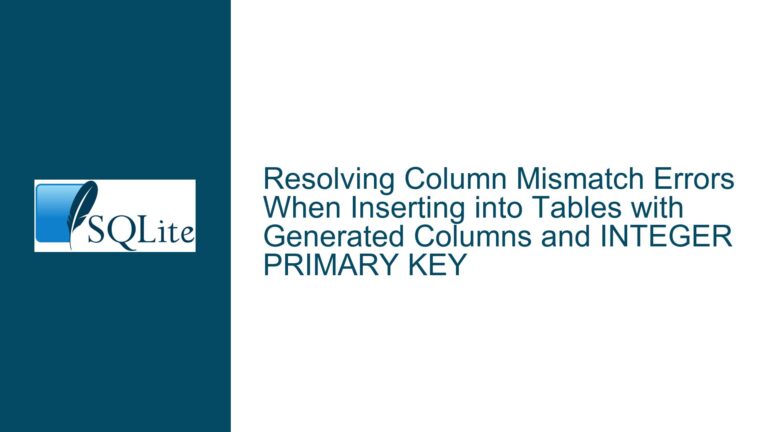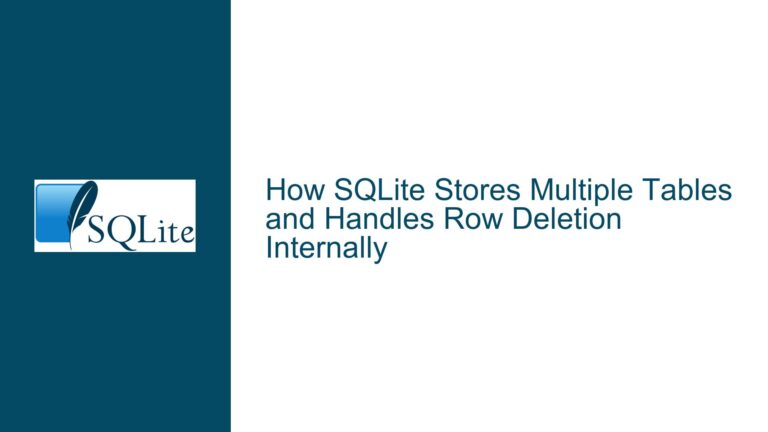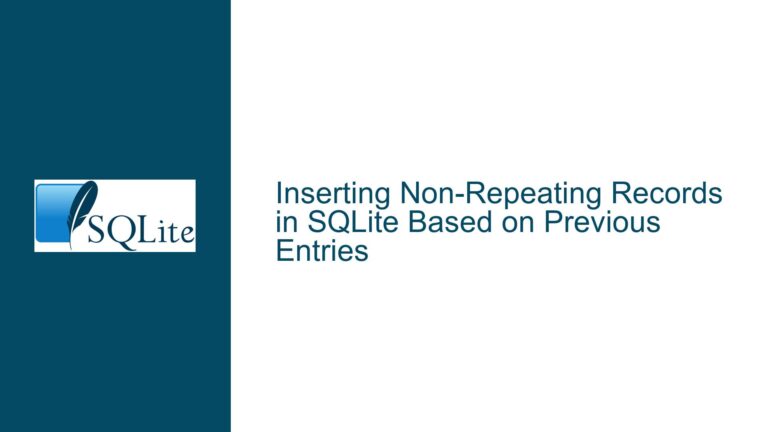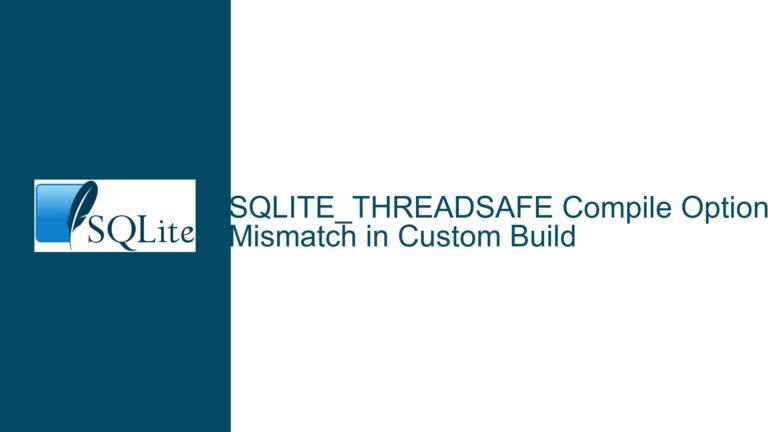Handling Privacy Manifest Requirements for fstat, fstatfs, and fstatvfs in SQLite on iOS/MacOS
Understanding the Privacy Manifest Requirements for File and Disk Space APIs The introduction of new privacy requirements in Xcode 15 and iOS 17 has brought significant changes to how developers can use certain APIs that might be leveraged for fingerprinting or collecting user data. Among these APIs are fstat, fstatfs, and fstatvfs, which are commonly…









